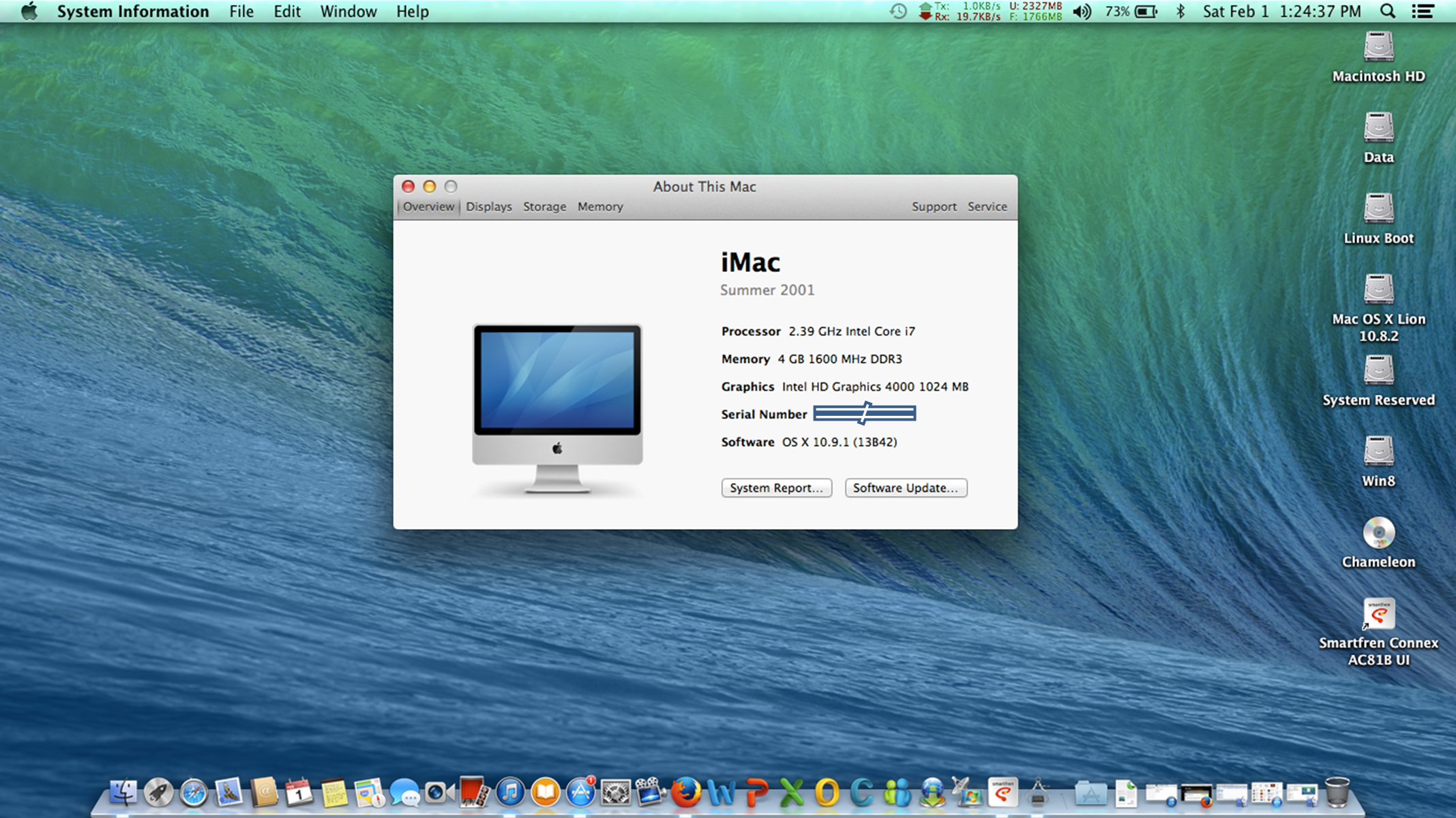

This happens when remote host key changes. If you recently rebuilt your server, you might receive an error message when you try to connect.

#Mac ssh server update mac#
Open or Quit Terminal on Mac guide for additional methods of opening Terminal.

In the search results, click on Terminal.app. To open this program, access Spotlight by pressing Cmd + Space on the keyboard and type “Terminal” in the search box. The default terminal emulator for macOS is called Terminal. The terminal allows you to access your operating system’s shell environment and run programs through the command line.

On your local computer, open the terminal application you wish to use. If you wish to deploy a new server, follow theĬreating a Compute Instance guide to create a Linode. Most Linux distributions have an SSH server preinstalled. Before You BeginĮnsure you have a Linux server with an SSH server (like OpenSSH) installed. This article covers the basics of connecting to a remote server (such as a Linode) over SSH on macOS. When most people refer to SSH, it is within the context of a connecting from a local computer to a remote server, commonly for administration tasks related to website hosting. OpenSSH 7.1p2 was the version patched against the OpenSSH Client vulnerability and our system is now safe.A secure shell (SSH) is used for secure communication between devices. Now we have fixed our PATH lets check that the SSH client is the one we expect $ which ssh The reason we didn’t explicitly set the PATH when we modified it is because the PATH may have been modified elsewhere and we want to retain those changes. You can see that /usr/local/bin is listed twice, this is ok as the system will simply go through them in order looking for files. usr/local/bin:/usr/bin:/bin:/usr/sbin:/sbin:/usr/local/bin We can do this either by restarting our ssh shell or by sourcing the ~/.bashrc file $ source ~/.bashrc Now lets check that the $PATH variable does indeed contain our changes. echo 'export PATH=/usr/local/bin:$PATH' > ~/.bashrc The following change will allow us to change the PATH variable consistently. If yours does not you can add the following into your profile script. Luckily both of those files usually come as default with an include for the ~/.bashrc file to load it during login shells as well. For login shells, the system will check for ~/.profile and load it if available, otherwise it will look for ~/.bash_profile and load that if available. We are going to use the ~/.bashrc file which gets executed everytime a new non-login shell is opened. The second and preferred method is to rearrange the locations in the PATH variable to allow /usr/local/bin to come before /usr/bin. While this will definitely work in allowing the homebrew version of SSH to become the default, I would not advise this as updates to OSX may inadvertantly restore the system SSH client leaving you exposed again. The first and easiest is to simply delete the SSH binary in /usr/bin. There are two ways to address this problem. usr/bin:/bin:/usr/sbin:/sbin:/usr/local/bin The issue that many are likely to face is the /usr/bin comes before /usr/local/bin in their PATH variable which is where the new SSH client will be installed. By default the system SSH client is installed in /usr/bin/ssh. Now that we have OpenSSH installed using Homebrew we need to make sure it is the default SSH client. Making Homebrew OpenSSH Client the default
#Mac ssh server update install#
Now we have the latest OpenSSH recipes we can go ahead and install OpenSSH which we will use instead of the system SSH. If not go to and get started.įirstly we need to tap the homebrew-dupes library. This tutorial assumes that you already have homebrew installed on your system.
#Mac ssh server update how to#
This article explains how to upgrade your OpenSSH version on your machine using Homebrew. The linked articles explain how you can disable the vulnerable feature of OpenSSH in your local configuration. This vulnerability could allow an SSH client to leak private key information, potentially exposing users to man-in-the-middle attacks. Yesterday the OpenSSH project reported a client side vulnerability affecting OpenSSH versions 5.4 - 7.1.


 0 kommentar(er)
0 kommentar(er)
